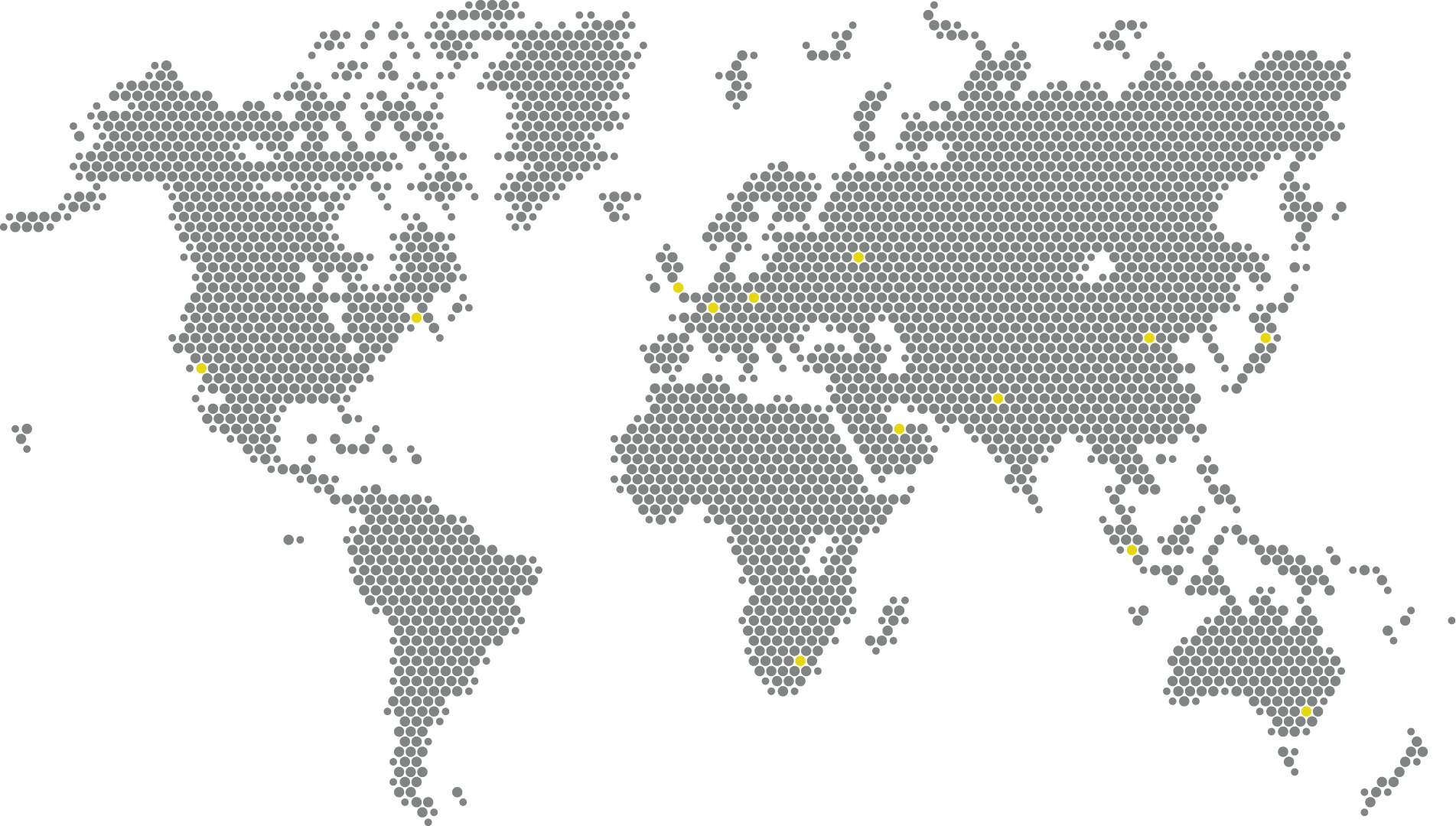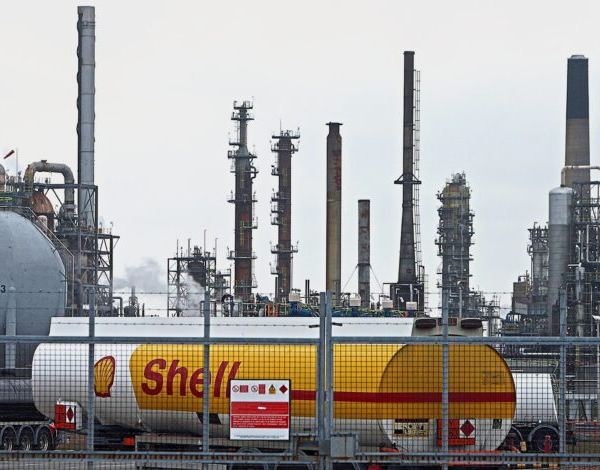An oil refinery is an industrial plant that transforms, or refines crude oil into various usable petroleum products such as diesel, gasoline, and heating oils like kerosene. Oil refineries essentially serve as the second stage in the crude oil production process following the actual extraction of crude oil up-stream, and refinery services are considered to be a down-stream segment of the oil and gas industry.
Please fill out the form below and we will get back to you as soon as possible.
- Mon-Fri 8:00 am-6:00 pm
- info@shellepmiddleeastholding.com
- Carel Van Bylandtlaan 30, 2596, 'S-Gravenhage
History Of Shell EP
Middle East Holding
History Timeline
New ideas and directions
Shell started the 1960s by strengthening its presence in the Middle East, discovering oil in Yibal, Oman’s most prolific field. This discovery was the country’s first and would go on to transform Oman’s economy. The Groningen gas field in the Netherlands was also discovered at the start of the decade, followed by the discovery of gas in the North Sea. This time was also a golden period of research by Shell Chemicals and the company also took the decision to internationalise, placing local people in top positions to make the most of homegrown talent in each country.
The closure of the Suez Canal in 1967 for eight years confirmed the wisdom of Shell’s decision to invest in super tankers. At the same time, Shell was a partner in the first sea transportation of liquefied natural gas (LNG) in 1964 – from the Algeria to the UK – opening up a whole new market for the business.
Instability in the Middle East at the end of the 1960s and the start of the 1970s led to a quadrupling of oil prices and meant that the era of cheap energy came to an end. In response, Shell began to diversify, in particular into coal, nuclear power and metals. Shell also began to look beyond the traditional oil-producing countries for supplies and stepped up exploration in the North Sea and in the USA.
Learn More

Record-breaking innovations and new partnerships
In 2005, the Royal Dutch Shell Group underwent a major structural reorganisation as the nearly century-old partnership between Royal Dutch Petroleum and Shell Transport and Trading was dissolved and Shell unified its corporate structure under a single new holding company, Royal Dutch Shell plc.
Shell’s innovation has continued at pace into the 21st Century. In 2012, the company completed Pearl GTL, in Qatar, the world’s largest source of GTL products. In 2016, production started at Shell’s Stones field, the world’s deepest oil and gas project. And in 2017, Prelude, the world’s biggest floating liquefied natural gas facility, sailed 5,800 kilometres from a shipyard in South Korea to its new home in Western Australia.
The company has also continued to expand. In 2015, Shell announced that it would be buying BG Group, a UK oil and gas production company. The acquisition was completed in February 2016, expanding the company’s oil and gas portfolio. And in 2016, Shell created its New Energies business to focus on exploring and developing commercial opportunities in renewable energy, such as wind and solar..
Learn MoreCountries Covered
Workforce
Production Center
5 Star Rating
We Spread Around The World
Expanding globally in the oil and gas sector can bring about substantial growth opportunities, but it requires careful planning, adaptation, and strategic decision-making to navigate the complexities of different markets.
Excellent Quality
Guaranteed Satisfaction
Best Customer Service

What People’s Say
“Blandit aliquet varius id malesuada nunc euismod id tempor malesuada sollicitudin sit nisi tellus auctor vitae dignissim lacinia convallis dictum.”
“Blandit aliquet varius id malesuada nunc euismod id tempor malesuada sollicitudin sit nisi tellus auctor vitae dignissim lacinia convallis dictum.”
“Blandit aliquet varius id malesuada nunc euismod id tempor malesuada sollicitudin sit nisi tellus auctor vitae dignissim lacinia convallis dictum.”
Sustainability Goals
Shell EP Middle East Holding implements the"Sustainability" concept in all activities. The company realizes that its role is not restricted to Oil Refining & Gas Processing, but is extended to include main fields of Social, Economic, Environmental & Governance. Hence, the company makes major contributions to the society in which it works within.
It also ensures the safety and welfare of all employees and society while maintaining the environment. The “Sustainability Report,” issued by Shell EP Middle East Holding every other year, is verified by an international 3rd party.
- Safety and Environment
- Emergency preparedness and Response
- Community Impact

We believe that humanity can solve any challenge. That our greatest resource is our people. And that responsibility, trust and integrity will help us drive a prosperous future.
Frequently Asked Questions
Shell's award-winning digital stories channel. Our team of writers and reporters offer fresh insights into energy, technology and the people and ideas powering our lives.
-
What Is Shell EP Middle East Holding Oil Refinery?
-
How Much Crude Oil Does It Take to Make a Gallon of Gasoline?
One barrel of oil (42 gallons) produces 19 to 20 gallons of gasoline and 11 to 12 gallons of diesel fuel
-
Oil Refinery Safety?
Oil refineries can be dangerous places to work at times. For example, in 2005 there was an accident at BP's Texas City oil refinery. According to the U.S. Chemical Safety Board, a series of explosions occurred during the restarting of a hydrocarbon isomerization unit. Fifteen workers were killed and 180 others were injured. The explosions occurred when a distillation tower flooded with hydrocarbons and was over-pressurized, causing a geyser-like release from the vent stack.




